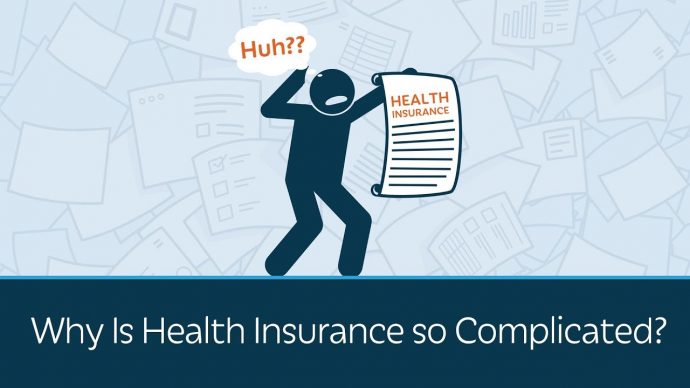Here is another excellent video from Prager University:
Why is health insurance so complicated, while car insurance and life insurance are so simple? Can health insurance be more like, well, insurance? Lanhee Chen, fellow at the Hoover Institution, explains.
By Lanhee Chen
Americans carry many different forms of insurance. There’s car insurance, home insurance,
life insurance, even pet insurance . . . Most of these insurance policies work well and are fairly
priced. But there is one glaring exception: health insurance. Only health insurance becomes
more complicated and more expensive at the same time. So, the obvious question is: why?To answer this question, we have to start at the beginning. What is insurance? It’s pretty
straight-forward: You pay a monthly fee which provides financial protection against unforeseen, sometimes catastrophic, events. People buy homeowners insurance, for example, to protect themselves from the financial loss incurred in the event of a fire, a flood or theft. Because millions of people are paying into the insurance pool, the pool has enough money to cover the unlucky person whose house does burn down.And since insurance is meant to share risk, it only stands to reason that higher-risk individuals have to pay more to be insured. Someone who has had two accidents is going to pay more for car insurance than someone who has never had an accident. Why? Because their track record indicates they are more likely to have another accident.
But while insurance provides a bulwark against unforeseen loss, it does not protect against
routine expenses. Car insurance protects you in the event that you wind up in a car wreck or
your vehicle is stolen, but it doesn’t cover routine maintenance like oil changes, replacing
brake pads or tire erosion. Why? Because everyone needs routine oil changes, new brake
pads, and new tires. So, there is no risk to protect against.Health insurance in America works very differently. Many of us have health insurance plans
that aren’t insurance at all. They’re really pre-paid health care plans. They cover routine checkups, less serious illnesses, and recurring expenses like prescription medications in addition to protecting you from a health disaster. All of this has made healthcare much more expensive and complex than any other form of insurance. That is true whether you get your insurance through your employer, through the government, or if you pay for your own plan.Read more: Prager University

